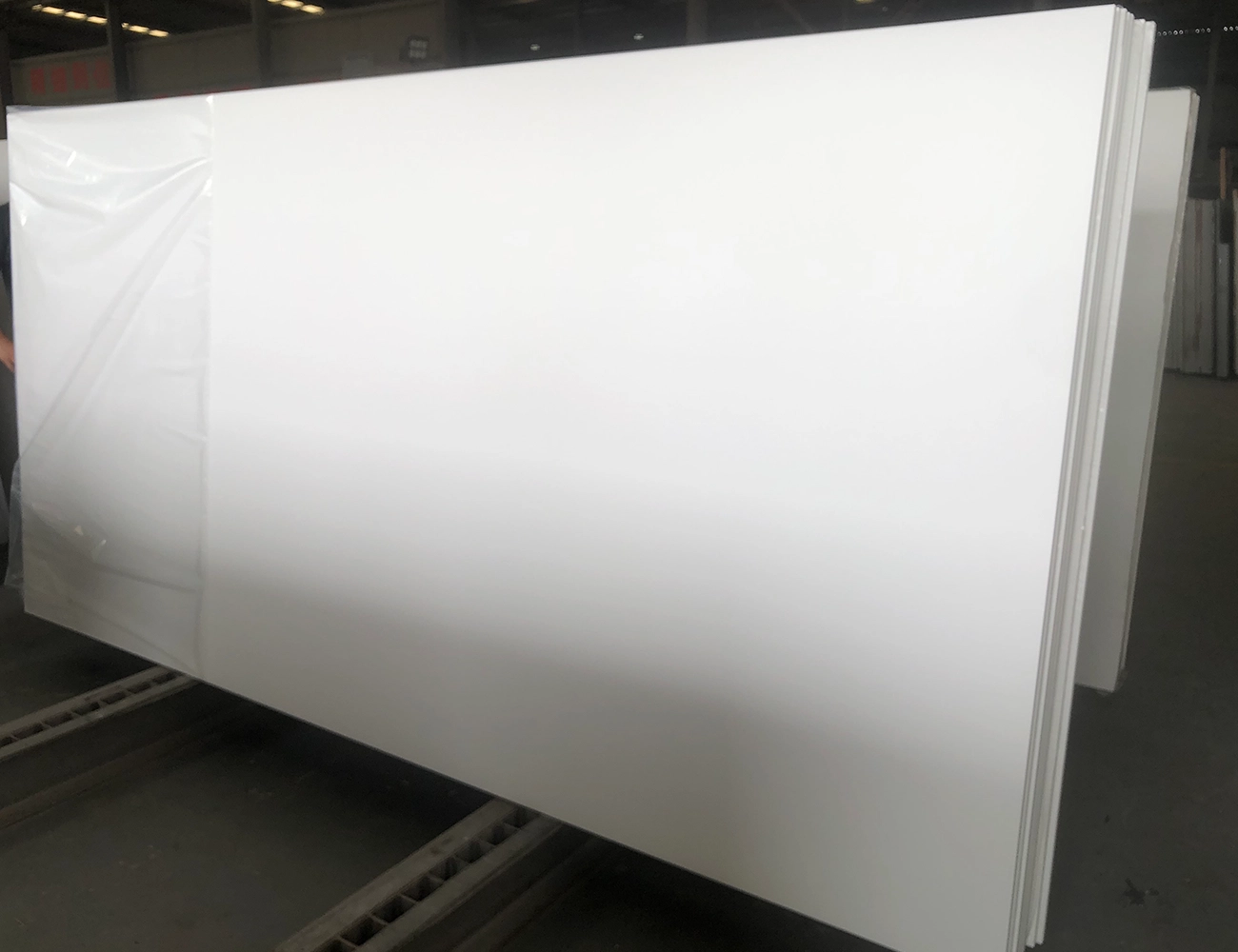When it’s time to upgrade your kitchen or bathroom countertops, the decision between quartz and natural stone can be a tough one. Though they have great visual appeal and durability, both materials have unique qualities that might affect your ultimate choice. Knowing the variations between natural stone and quartz will enable you to make a more educated choice considering elements including long-term value, design freedom, and maintenance. Let’s explore what distinguishes these materials and when you might decide which to use instead of the other.

Differences Between Quartz and Natural Stone
Maintenance Needs: Quartz is Low-Maintenance, Natural Stone Requires Care
One of the key differences between quartz and natural stone is their maintenance requirements. Made man-made, quartz is fused with resin and polymers to create non-porous, low-maintenance material. Unlike natural stone, such granite or marble, quartz does not need consistent sealing, so saving you time and effort over time.
On the other hand, natural stone countertops—while stunning—are more porous and may require annual sealing to prevent stains and maintain their smooth, polished look. Because of its natural composition, natural stone is also more prone to chipping and cracking; quartz is stronger and more damage-resistant, thus it is a better option for homes with young children or high traffic kitchens.
Design Flexibility: Quartz Offers Cleaner Cuts and Customization
Quartz countertops offer greater design flexibility. Quartz is an engineered good, thus it can be cut with more accuracy, allowing more complex designs and cleaner edges. For contemporary, minimalist kitchens where sleek lines and sharp angles are desired, quartz is therefore the perfect choice.
Natural stone, while offering unique patterns and textures, is more difficult to cut precisely and often requires more effort to create intricate designs. For those who appreciate stone’s naturally occurring organic beauty, the raw patterns and somewhat flawed edges can really accentuate the appeal.
Quartz and Natural Stone: Similarities
Durability: Both Materials Stand the Test of Time
Both quartz and natural stone are incredibly durable and built to last. They can resist daily grind including heat, scratches, and spills. But both materials are rather heavy, thus professional installation is strongly advised to guarantee proper alignment and placement of your counters.
Besides, natural stone and quartz are more suited for indoor settings. Extreme weather can cause these materials to fade, discolor, or weaken over time; hence, it is advisable not to use them for outdoor kitchen installations or areas exposed to continuous sun and rain.
Affordability: A More Accessible Option for Modern Homes
In the past, quartz and natural stone countertops were seen as luxury items, often out of reach for the average homeowner. But as these materials have grown more popular in contemporary interior design, prices have gotten more reasonable and competitive. Now more easily available than ever, both natural stone and quartz let homeowners enjoy premium counters without going broke.

The decision between quartz and natural stone countertops is a personal one, reflecting your individual tastes and the specific needs of your living space. Quartz, with its durability and versatility, stands out as a practical and contemporary option that requires minimal upkeep. It’s an ideal choice for those who value a seamless, uniform look and the ability to resist stains and scratches with ease. On the other hand, natural stone, with its inherent variability and organic beauty, offers a classic and luxurious feel that can elevate the ambiance of any room. It’s perfect for homeowners who appreciate the distinctive patterns and the prestige that comes with a natural material. Regardless of your selection, both quartz and natural stone are investments that will enhance the aesthetic appeal and utility of your home, making it a more comfortable and valuable space for years to come. Consider the long-term implications of each material and how they align with your lifestyle to make the best decision for your sanctuary.






